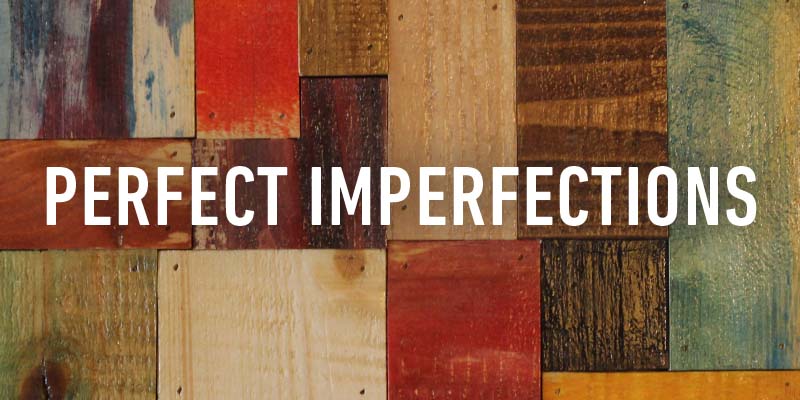April 23, 2019
admin
Exhibitions
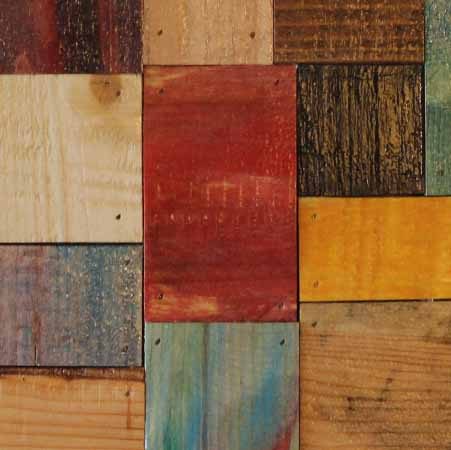
Coming this June to Ramat Aviv Mall Ari Shomron will launch his solo exhibition Perfect Imperfections. He examines how materials in our daily lives contain unseen flaws which Ari has explored in his work, highlighting their beauty in hand made artistic furniture. His works, which are sold world wide, feature recycled materials that hide a surprising story or a piece of history.
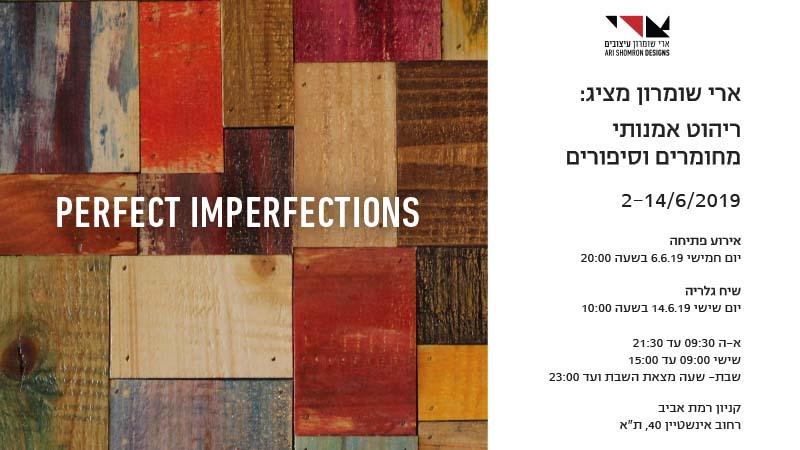
Perfect Imperfections – Information
June 2–14, 2019 | Ramat Aviv Mall – Ground floor in front of Landwer Cafe
Opening event: Thursday 6.6.2019 at 8 pm
Sunday – Thursday 09:30 – 21:30
Friday – 09:00 -15:00
Saturday – one hour after Shabbat until 23:00
About Ari Shomron
Ari Shomron is an artist, creator, designer and manufacturer of furniture and works of applied art. His works are characterized by the hustle and bustle of colorful collages (albeit being color blind), and the combination of recycled material such as wood, iron and glass, sometimes accompanied by stones and roots from the desert.
Following a family journey that spanned over seven years in North and South America, Ari established his studio in 2014 in the Spice Route Quarter in Mitzpe Ramon. Embraced by the desert landscape and the tranquility of the place, he creates furniture from scratch, mainly from recycled materials.
His travels abroad since his early childhood as a son of an Israeli diplomat, his passion for wine culture, and his characteristic humor, are all intertwined in his works. Behind each piece there is an extraordinary story, a curiosity, a connection to a special geographical place or a fascinating history. Ari claims to be “probably still part of a tribe of hunter-gatherers” – since he regularly collects materials and objects from all around the country and the world, and gives them center stage in his works.
Ari Shomron sanctifies the joint work with his clients, in Israel and abroad, in creating a unique piece tailored to their demands through a mutual experience of a personal and artistic connection. Israeli diplomat, his passion for wine culture, and his characteristic humor, are also intertwined in his work. Behind each work there is an extraordinary story, a curiosity, a connection to a special geographical place or a fascinating history. Ari claims to be “probably still part of a tribe of hunter-gatherers” – since he regularly collects materials and objects from all around the country and the world, and gives them a stage in his works.
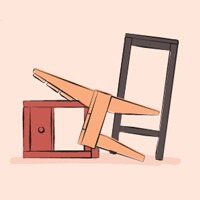
7/7/16 – 6/8/16
Ari Shomron |
Original furniture design from recycled materials |
Artist talk on Saturday July 23rd at 11:00
January 4, 2016
admin
Articles
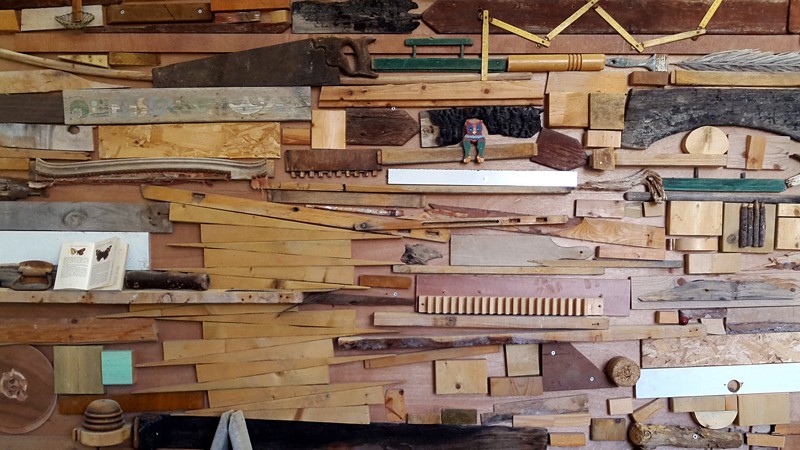
Since his return to Israel in 2012 from a seven year journey to California and Buenos Aires, Ari is residing and creating his artwork in Mitzpe Ramon.
Recycling as a goal
In the past Ari would have defined himself more of a perfectionist in his approach towards the raw materials at hand. He found it hard to accept a defect in a wooden board for example and would cast it aside. “Nowadays, albeit the fact that reclaimed materials require significant time of preparation, I have no interest to conceal any faults in the materials. I actually embrace them. I do my best to bring the imperfection to life. The dent, the dirt, the crack or even the rust are the personal identity of the material and are those that declare its distinctive character making the final product a unique piece on its own. Thus there will never be two identical works even if they are from the same series.”
The California wood-rush
Ari is deeply immersed in the field of recycling partially as a result of living in California, which is a leading state in promoting awareness of refurbishing materials both in practice and legislation. There is so much wood out there to be salvaged that as a conscious artist he cannot just ignore it. Having lived many years in different countries and being exposed to an array of cultures, he now claims he has reverted to the millennia of hunters/gatherers as he embraces anything he can put his hands on: broken furniture parts, used pallets, old books, metal parts, stones and roots, to name a few. He is more forgiving. The flaws are in the DNA of a salvaged piece of wood or a rusty metal and thus he readily adopts the philosophy of making an effect from a defect.
The perfect imperfections
Within this scope of imperfection lies the challenge of the work since it is an unfolding cognitive process, an intellectual exercise and not a series of mechanical steps to follow. It is an attempt to give a new life to a neglected object or material. Reincarnation if you wish.
With the increased awareness of recycling it seems as if today almost anyone can create a personal work of art. The internet provides an array of ideas and plans and thus the burden of proof to bring to the world a fresh piece of art lies heavily on the artist’s shoulders. Yet at the same time it is a powerful incentive for original creativeness. Humor is also an integral part of Ari’s being and it often appears in his works in subtle ways, what he prefers to call “works with a wink.”
January 4, 2016
admin
Articles
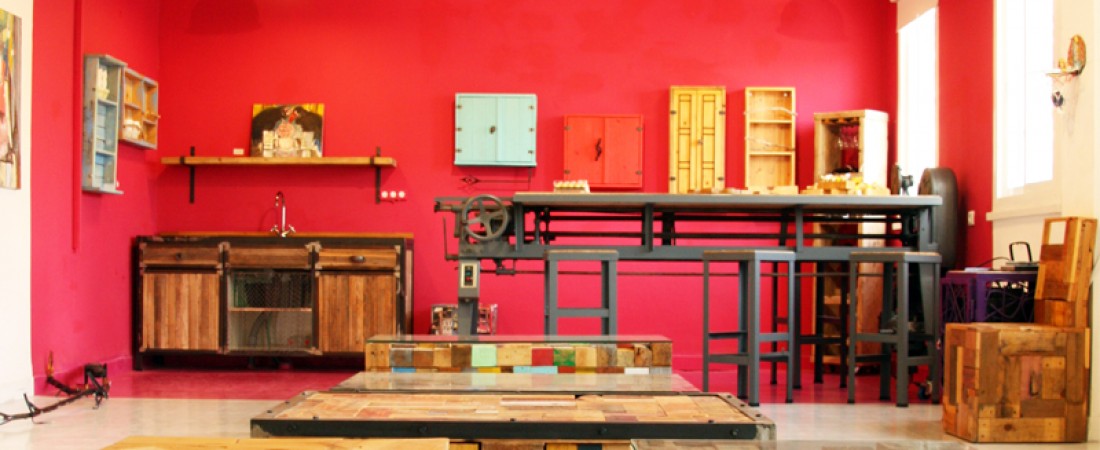
Ari Shomron holds a continuous exhibition of his works in a new gallery named Azul, meaning Blue in Spanish. The gallery is located in Florentin neighborhood in south Tel Aviv within a textile-printing company, the first of its kind in Israel established in 1951.
The gallery is also an ongoing showcase for guest artists who exhibit their works throughout the year and hold artist talks and lectures.
In addition Azul offers its premises for special events of up to 60 people which include poetry reading, book inaugurations, intimate jazz concerts, Fringe Theater, lectures, seminars, etc.
Contact details of Azul Gallery can be found below.
How are Pelsid Labels Ltd. and the Azul Gallery connected?
From Downtown Manhattan to downtown Tel Aviv
In 1951 Mr. Zvi Pejsakievitz arrived in New York City with a mission to find an exciting idea to start a new business in Israel. He walked the streets of Lower Manhattan, mainly in the textile area when suddenly a fierce rainstorm forced him to find immediate shelter. He found himself at an entrance of an industrial building. The noise of working machinery and his natural sense of curiosity led Mr. Pejaskiewitz to enter the compounds of what was a label printing factory. A short meeting with the owners convinced him that this would be his new endeavor. He purchased from a French manufacturer his first manual machine which is on display at the entrance of the factory/gallery and began his business in his kitchen balcony. A few months later a factory came to life in the Beit Romano building in south Tel Aviv – the first Israeli label printing company.
In its glory years the factory employed 25 workers and printed and exported labels to Victoria’s Secret, Marks & Spencer, GAP, Calvin Klein and many other leading brands of the fashion world. In the 90’s the factory moved to its current location in the Florentin neighborhood and continues to provide service to its local customers for 65 years. Ayala Azulay is currently the owner of Pelsid Labels and in 2015 the factory allocated space to form the Azul Gallery which is jointly owned by Ayala and Ari.
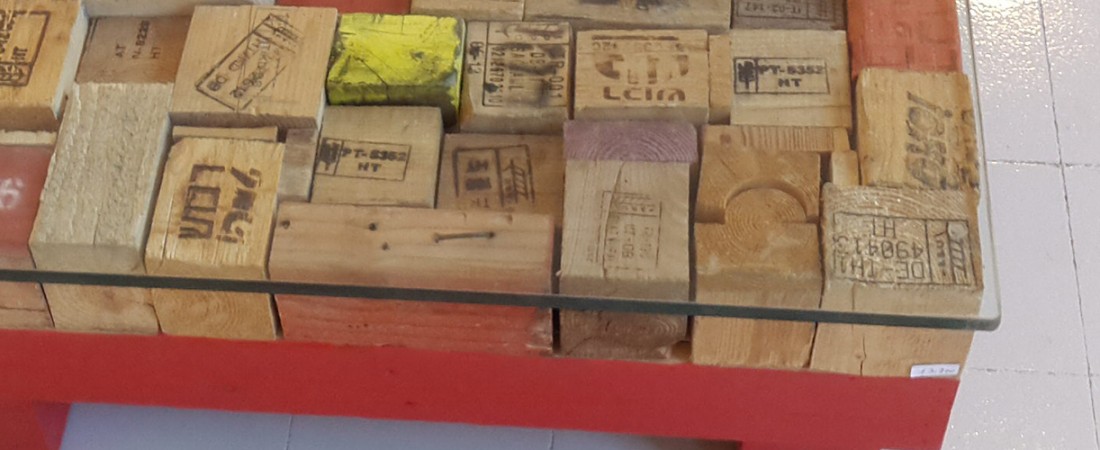
Ever since I began to create furniture I had an unexplained fetish for coffee tables. Maybe the fact that they are low and hold solid ground on 4 legs reminded me to be anchored to earth as all my life I was in constant movement and travel.
Even if a certain table has an organic contour line and not necessarily a geometric one, the continuous closed line gives me a sense of wholeness, a completed circle, a rewarded done- deal. The table-top seemingly floats in air, but is firmly connected from underneath to the surface, an analogy to my Yoga practices where the head aims to reach the sky while the legs in an opposite force are rooted deeply in earth. These are probably the two worlds in which I dwell and function.
In the Chinese culture, metal and wood are two of the five elements that make up the universe. I am fascinated by the combination of materials and often add to metal and wood also glass, stone, paper and other materials and objects such as books and machine parts. By me, all materials and objects are legitimate elements for my recycled artistic creation. The four years I spent in California and my travels in South America reinforced my inclination to work with recycled materials and by using them I reincarnate them, maybe giving them new life.









